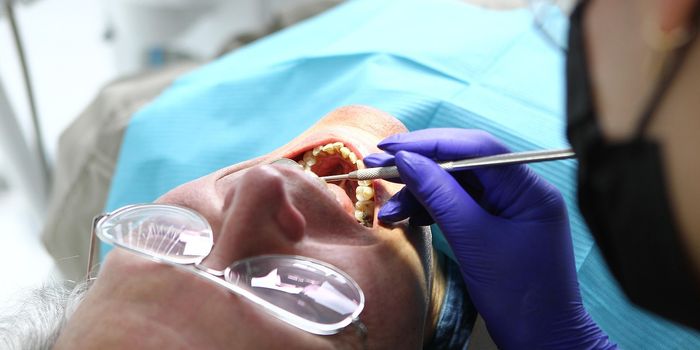Gene Therapy Restores Hearing in Deaf Children and Adults
A single gene therapy injection helped restore hearing in deaf patients. The effects were particularly strong in children. The corresponding study was published in Nature Medicine.
"This is a huge step forward in the genetic treatment of deafness, one that can be life-changing for children and adults,” said corresponding author of the study, Maoli Duan, consultant and docent at the Department of Clinical Science, Intervention and Technology at the Karolinska Institutet, Sweden, in a press release.
For the current study, researchers conducted a single-arm trial of an adeno-associated virus gene therapy on ten participants aged between 1 and 24 years old. All patients had either a genetic form of deafness or severe hearing impairment caused by mutations in the OTOF gene. These mutations result in a deficiency of the protein otoferlin, which plays an integral role in sending auditory signals from the ear to the brain.
The gene therapy worked by delivering a functional version of the OTOF gene to the inner ear via a single injection through a membrane at the base of the cochlea.
Initial findings from the 6-12 month follow-up revealed that the therapy was safe and well-tolerated. A six-month follow-up also demonstrated significant improvements in hearing among all participants, with the average volume of perceptible sound improving from a baseline of 106 decibels to 52.
The researchers also observed an age-dependent therapeutic effect, with optimal outcomes arising in those aged 5 to 8 years old. One patient, aged seven, quickly recovered close to all of her hearing and was able to sustain conversations with her mother after four months. The therapy was also effective in adults.
No serious adverse reactions were reported during the 6 to 12-month follow-up period. The most common adverse reaction was a reduction in the number of neutrophils, a kind of white blood cell.
"OTOF is just the beginning. We and other researchers are expanding our work to other, more common genes that cause deafness, such as GJB2 and TMC1. These are more complicated to treat, but animal studies have so far returned promising results. We are confident that patients with different kinds of genetic deafness will one day be able to receive treatment,” said Duan.
Sources: Science Daily, Nature Medicine









